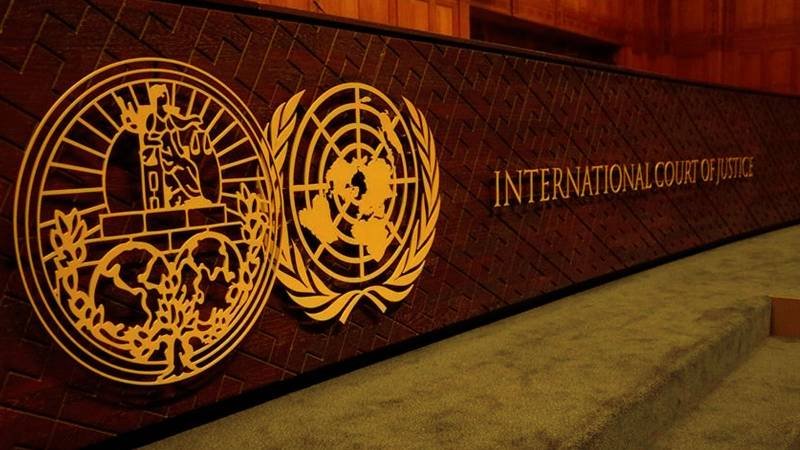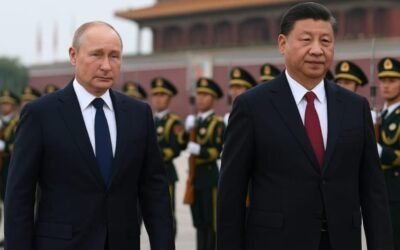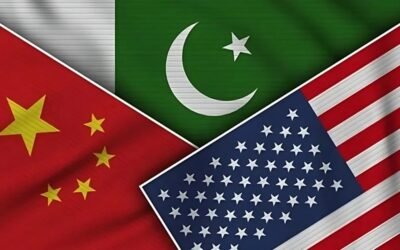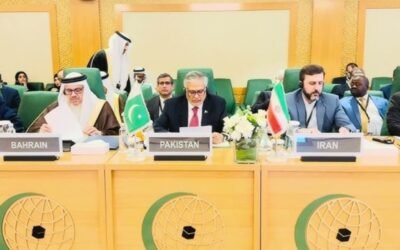The International Court of Justice (ICJ) plays a role in Pakistan’s foreign policy that extends far beyond the high-profile Kulbhushan Jadhav case. As the UN’s top judicial body, the ICJ can resolve disputes between states, shape international legal norms, and impact Pakistan’s global standing.
The ICJ is the UN’s main court for legal disputes between countries. Pakistan can utilize it to resolve a wide range of issues, from border disputes to questions regarding treaty interpretation.
Since joining the UN, Pakistan has appeared before the court in at least three notable cases:
| Year | Case | Main Issue | Outcome |
|---|---|---|---|
| 2000 | Pakistan vs India (Atlantic) | Compensation for a downed military aircraft | The court said it had no jurisdiction |
| 2005-07 | Baglihar Dam/Indus waters | Water-sharing rights under the Indus Waters Treaty | Neutral expert ruled in India’s favour |
| 2019 | Jadhav Case (India vs Pakistan) | Consular access under the Vienna Convention | Pakistan ordered to review the death sentence |
These examples show that Pakistan has been willing to bring contentious matters before an international court, even when the outcomes varied.
What ICJ Engagement Means for Pakistan
By engaging with the ICJ, Pakistan demonstrates its respect for international law and a commitment to resolving conflicts through peaceful and legal means. This reinforces its image as a law-abiding country in global diplomacy.
ICJ rejects India’s request to delay Jadhav’s case proceedingshttps://t.co/gPoktOjfuu pic.twitter.com/XBwMRWc5qX
— The_Nation (@The_Nation) June 16, 2017
ICJ rulings often clarify the interpretation of global treaties. The Jadhav case used the Vienna Convention to define consular rights. That set a legal standard that now helps other countries in similar situations.
In disputes, turning to the ICJ can help Pakistan avoid military tension or retaliatory measures. Using legal frameworks gives Islamabad a voice and a method in diplomacy beyond mere negotiation or pressure.
ICJ rulings also have relevance inside Pakistan. Courts may refer to ICJ decisions when interpreting international obligations, such as human rights or consular access. This helps bring Pakistani law into line with global standards.
Beyond the Jadhav Case
While the Jadhav case grabbed headlines, Pakistan’s use of the ICJ has broader patterns:
- 2000 Atlantique incident: Pakistan accused India of shooting down a maritime patrol plane. The ICJ ruled it had no authority because India had made a reservation in 1974.
- Baglihar Dam dispute (2005-07): Pakistan challenged India’s water project. A World Bank-appointed expert ordered changes to the dam design — a rare technical resolution under the Indus Waters Treaty.
- Prospective Kashmir case (2019): Pakistan planned a case against India at the ICJ over human rights in Kashmir. That move alone drew global attention, even though the case was never formally heard.
These cases show a strategic approach: using legal avenues to raise global awareness, gain leverage, and apply pressure without resorting to force.
Legal Influence Around the World
The ICJ is doing more than ever. In the last decade, it handled 39 new cases, a fifth of all cases since its founding. Recent examples include:
- South Africa’s genocide claim against Israel over Gaza.
- Nicaragua’s case against Germany involving alleged complicity in genocide.
- Ukraine’s proceedings related to Crimea and the full-scale invasion.
Pakistan’s use of the ICJ mirrors this global trend of legalising political issues.
Everyday Impacts in Pakistan
ICJ cases may not resolve every dispute, but they do:
- Signal commitment to peaceful resolution.
- Build legal records that Pakistani courts can follow.
- Strengthen Pakistan’s position in multilateral organisations.
- Focus public attention on issues like consular rights, water management, or border sovereignty.
Limits of the ICJ
The court has some constraints:
- It requires state consent. Pakistan and its opponent must both accept the court’s jurisdiction. India often resists.
- The court can’t enforce its rulings directly. It relies on UN member states and political pressure.
- Jurisdiction can be blocked if countries file reservations. India used this to win the Atlantic case.
The ICJ is more than just a legal forum. For Pakistan, it serves as a diplomatic strategy, a moral platform, and a tool to reform domestic laws. It provides a way to address real grievances—whether they involve borders, consular rights, or water-sharing.
Pakistan’s use of the ICJ has produced mixed results. It lost the Atlantique case, achieved technical changes in water disputes, and gained some concessions in the Jadhav case. Nonetheless, each case enhances Pakistan’s reputation as a nation dedicated to international norms.
Looking ahead, Pakistan should continue to use the ICJ to handle conflicts, demonstrate good governance, and maintain global standards. Even if rulings don’t always favor it, turning to the court supports Pakistan’s aim of being respected in the international community.







